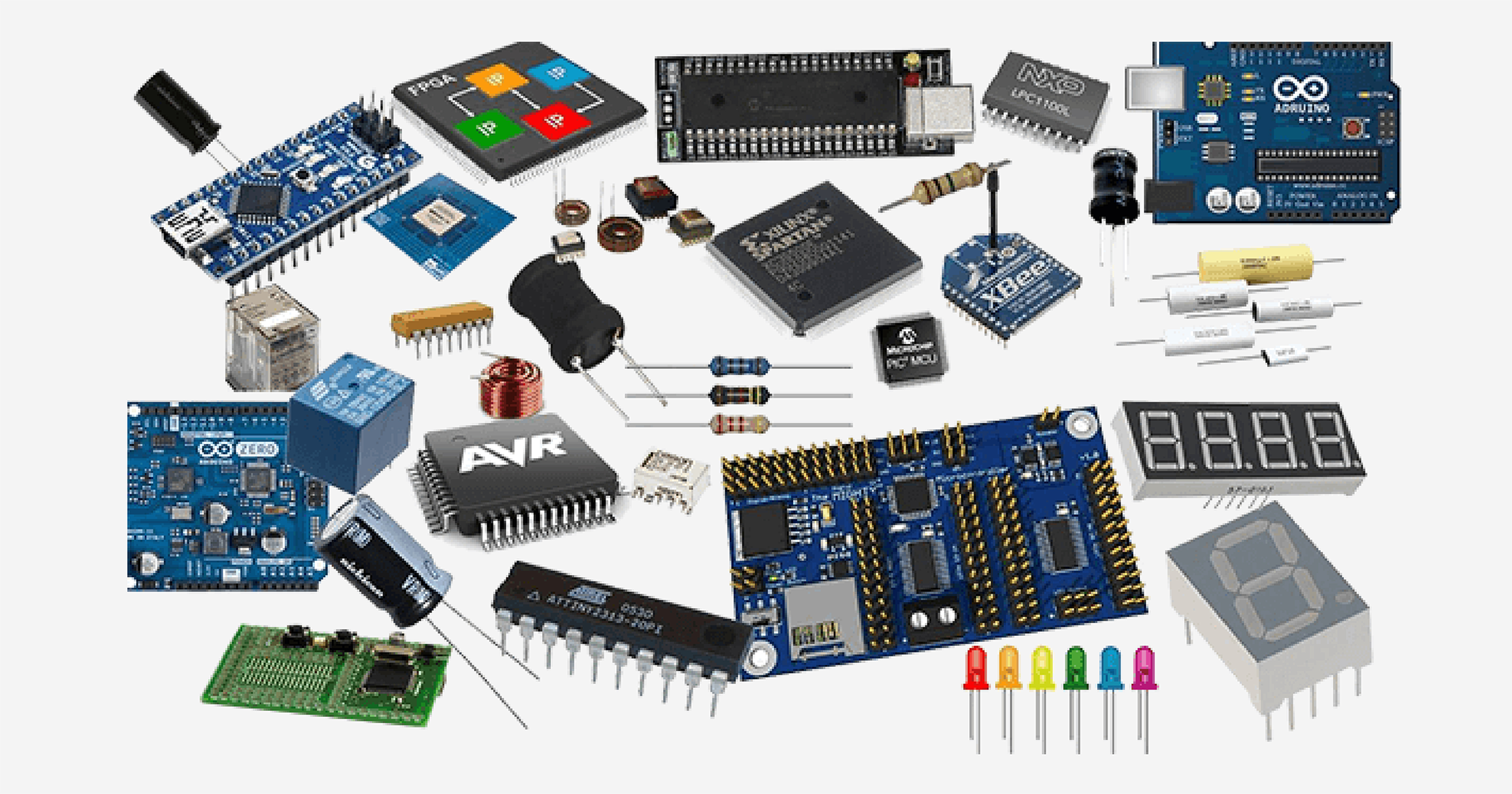Advancing Electronics: Exploring Thermistor Models and Applications in Modern Systems
Thermistors, essential components in temperature-sensitive circuits, have proven indispensable in various industries due to their precision, reliability, and versatility. This article delves into the innovative models of thermistors available today and their applications in modern electronic systems.

Breaking Down Thermistor Technology: Types and Features
Thermistors are temperature-dependent resistors that fall into two primary categories: Negative Temperature Coefficient (NTC) and Positive Temperature Coefficient (PTC).
NTC thermistors exhibit a decrease in resistance as temperature rises, making them suitable for applications like temperature measurement, compensation, and control. These are commonly used in household appliances, automotive sensors, and industrial equipment due to their high accuracy and sensitivity.
PTC thermistors increase their resistance with rising temperatures. They are often employed as resettable fuses and in overcurrent protection circuits. These thermistors are particularly beneficial in scenarios requiring self-regulating heating or fail-safe thermal protection.
Thermistor Applications in Advanced Electronics
Thermistors are at the forefront of enabling technologies across various domains:
Medical Devices:
NTC thermistors are integral in patient monitoring systems, such as digital thermometers and wearable health trackers. Their ability to provide rapid and accurate readings enhances diagnostics and patient care.
Automotive Industry:
With the shift towards electric vehicles (EVs), thermistors play a crucial role in battery management systems (BMS). They monitor cell temperatures to prevent overheating, ensuring optimal performance and longevity.
Consumer Electronics:
Smartphones and laptops use thermistors to manage internal heat dissipation, safeguarding components from damage. Additionally, thermistors improve energy efficiency in smart home devices like thermostats and air conditioners.
Industrial Automation:
In manufacturing and process industries, thermistors help maintain precise temperature control, critical for processes like chemical reactions and 3D printing.
Key Thermistor Models and Innovations
Recent advancements have brought forth thermistor models optimized for specific applications:
Miniaturized Thermistors:
Designed for compact devices, these thermistors maintain high accuracy despite their reduced size, meeting the needs of portable electronics and IoT devices.
High-Temperature Thermistors:
Capable of operating in extreme conditions, these are vital for aerospace, automotive, and industrial applications where reliability under stress is non-negotiable.
Flexible Thermistors:
With the rise of wearable technology, flexible thermistors have emerged, offering seamless integration into clothing and accessories without compromising performance.
Manufacturers have also focused on sustainability by using eco-friendly materials and enhancing the energy efficiency of thermistors.
The Future of Thermistors: Trends and Challenges
As industries evolve, the demand for smarter, faster, and more durable thermistors continues to grow. Trends shaping the future of thermistor technology include:
Integration with AI and IoT:
Thermistors are increasingly integrated into AI-driven systems, enabling predictive maintenance and real-time temperature monitoring in connected devices.
Material Innovations:
Researchers are exploring advanced ceramics and polymers to improve thermistor sensitivity and stability, ensuring performance in diverse environments.
Customization:
Tailored thermistor designs for specific applications are gaining popularity, allowing engineers to optimize circuit performance and efficiency.
However, challenges such as counterfeit components and the need for stricter quality control remain prevalent. Industry stakeholders must prioritize collaboration and innovation to address these issues.
Conclusion
Thermistors remain a cornerstone of temperature-sensitive applications, bridging traditional and cutting-edge technologies. The advancements in thermistor models, coupled with their expanding applications, underscore their significance in modern electronics. As industries continue to innovate, thermistors will undoubtedly play a pivotal role in shaping the future of technology, delivering precision, efficiency, and reliability across countless applications.
For more information or to request a quote, please feel free to send us an RFQ.




